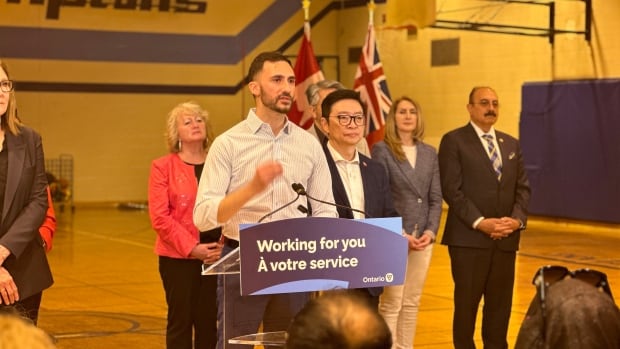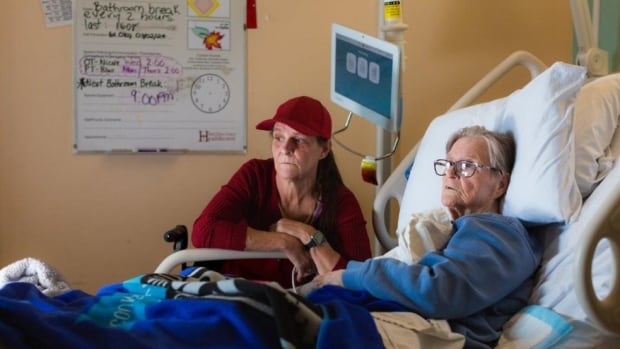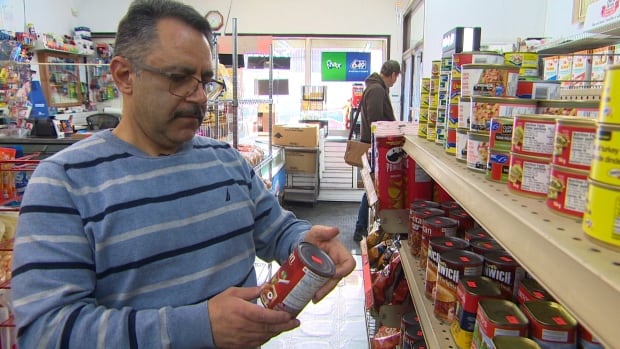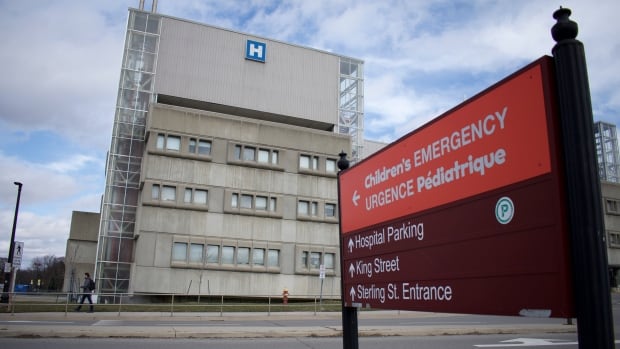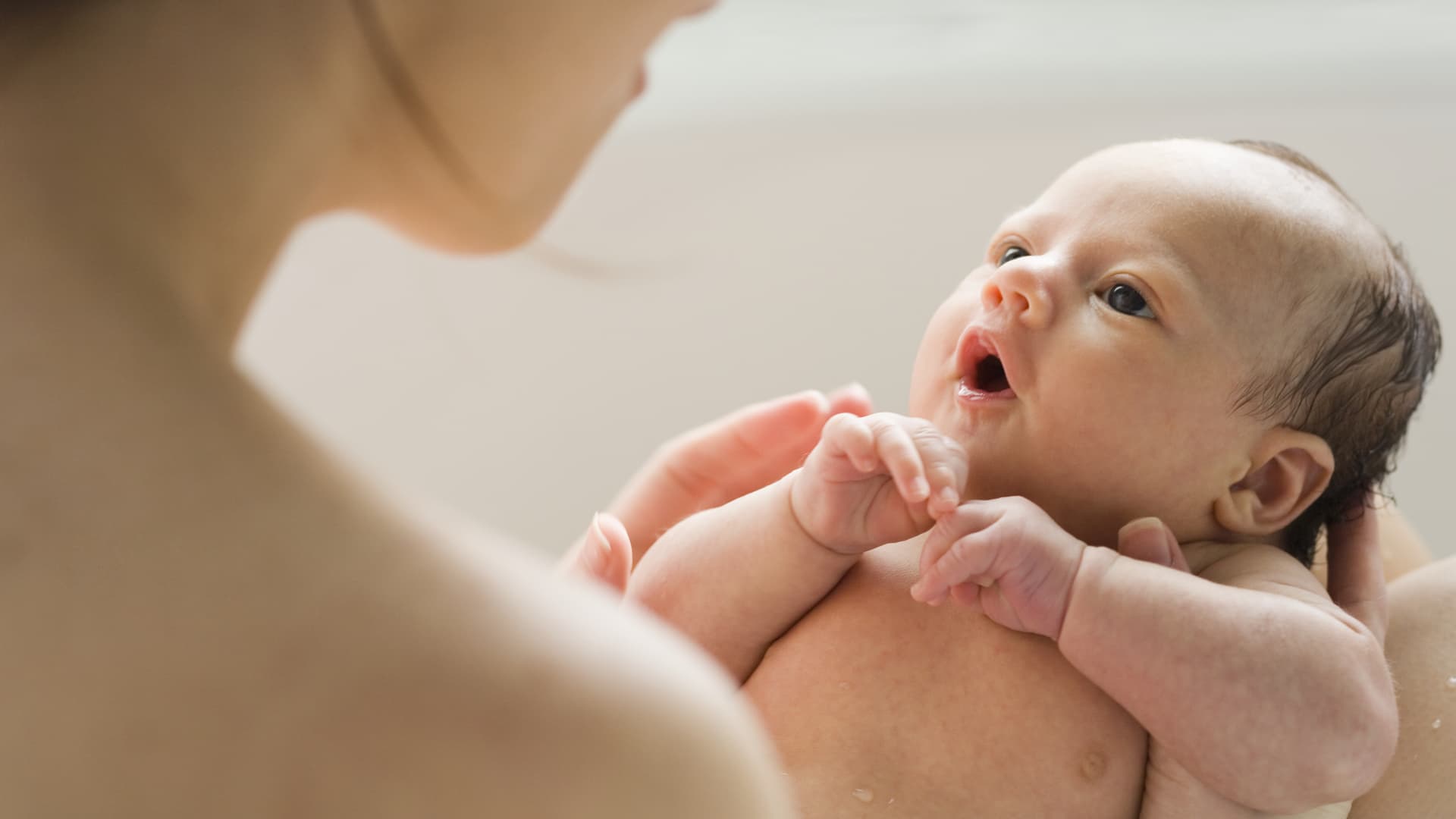The Ontario government is introducing new measures to crack down on cellphone use and vaping in schools as the province sees an “alarming rise” of vaping and cellphone distractions in classrooms.
In an announcement Sunday, Education Minister Stephen Lecce said the province is removing distractions as part of its back-to-basics plan, and addressing the “negative impact” of mobile devices, social media and vaping in classrooms.
“Every parent and teacher we speak to has shared the growing problem of cellphone distractions in class … in addition to the disturbing rise of vaping in schools [among] our youth,” Lecce said at a news conference in North York Sunday.
“We will be denying cellphone use during instructional time. We need to be bold, we need to be comprehensive and we need to act with urgency today.”
Starting in September, students in kindergarten to Grade 6 will be required to keep phones on silent and “out of sight” for the entire school day, unless they are granted permission to use it, the province said.

Similarly, students in Grades 7 to 12, will not be permitted to use their cellphones during class time without permission.
“If they do not comply, they will be asked to surrender their phones or they could be sent to the office,” Lecce said.
“There are progressive discipline policies listed in this. It can include up to suspension if there [are] repeat violations.”
The Progressive Conservative government initially banned cellphone use in 2019, saying students can only use personal mobile devices during instructional time if it is for educational purposes, for health purposes or for special needs. It left it up to boards and schools to implement.
Boards such as the Toronto District School Board have previously said such bans are hard to enforce. The board had a procedure on cellphone usage — before their recent vote to modify it — that said kids should only be on cellphones for educational purposes. The board’s chair said it can be applied differently in each school and isn’t widely known.
Lecce said Sunday that the difference between the 2019 ban and the latest one is that there will be consistency in applying and enforcing the new measures across all school boards in the province, calling the results of the last ban “mixed.”
Some experts say classroom cellphone bans will improve learning and reduce bullying, but others say they are still a useful tool for student safety.
Schools to decide when tech use is appropriate
It will fall to school staff to decide when the use of technology is appropriate, and Lecce said he will “have the backs” of the teachers, principals and superintendents who will be the ones enforcing the new government policy.
Quebec and British Columbia have already made similar moves to ban the use of cellphones in class, but Lecce said Ontario will be the first to block access to all social media platforms on school networks and devices.
As part of these changes, teachers will undergo mandatory training, according to the province. Report cards will now also include comments on students’ distraction levels in class.
Lecce touted the measures as necessary steps to help students focus in class and improve safety in schools.
“Our policy includes enforcement to ensure compliance and consistency provincewide,” he said.
The announcement comes after four major Ontario school boards sued some of the largest social media companies to over their products, alleging the way they’re designed has negatively rewired the way children think, behave and learn and disrupted the way schools operate.
The public district school boards of Toronto, Peel and Ottawa-Carleton, along with Toronto’s Catholic counterpart, are looking for about $4.5 billion in total damages from Meta Platforms Inc., Snap Inc. and ByteDance Ltd., which operate the platforms Facebook and Instagram, Snapchat and TikTok respectively, according to separate but similar statements of claim filed in March.
Teacher unions skeptical on changes
The Ontario Secondary School Teachers’ Federation remains skeptical about whether a blanket ban will improve matters, the group’s president said Sunday.
“I’m not really sure how this is going to change anything going forward,” said Karen Littlewood.
Teachers are hesitant to take away students’ phones because they would be responsible if the devices are lost, damaged or stolen, she said.
“It leads to so many issues and so many problems,” she said.
WATCH | E-cigarette researchers speak about what ingredients people are inhaling:
The changes reflect some of the demands made by the Elementary Teachers’ Federation of Ontario in its most recent round of bargaining with the province.
The group suggested the changes as a way to address increasing violence and disruption in schools, the federation said in a statement issued Sunday.
But the union says it will reserve judgement on the new policies until it has seen the full range of changes in detail.
Vaping ban protects students from ‘preventable threats’
In addition to the new restrictions on cellphones and social media use, Lecce said vaping will be banned in all school alongside tobacco, nicotine and cannabis products.
Students caught carrying such products will have them confiscated, and schools will be required to notify parents if that happens, he said.
The government said it has earmarked $30 million from its 2024 budget to install vape detectors and other security upgrades in schools.
Dr. Kieran Moore, the province’s chief medical officer of health, said the vaping ban in schools will help protect students from “preventable threats.
“Ontario is seeing a growing number of youth in Grades 7 through 12 report using vaping products that contain and emit many toxic substances,” Moore said.
“These products can affect the respiratory, immune and cardiovascular systems, and nicotine in these products is particularly harmful to youth brain development.”
